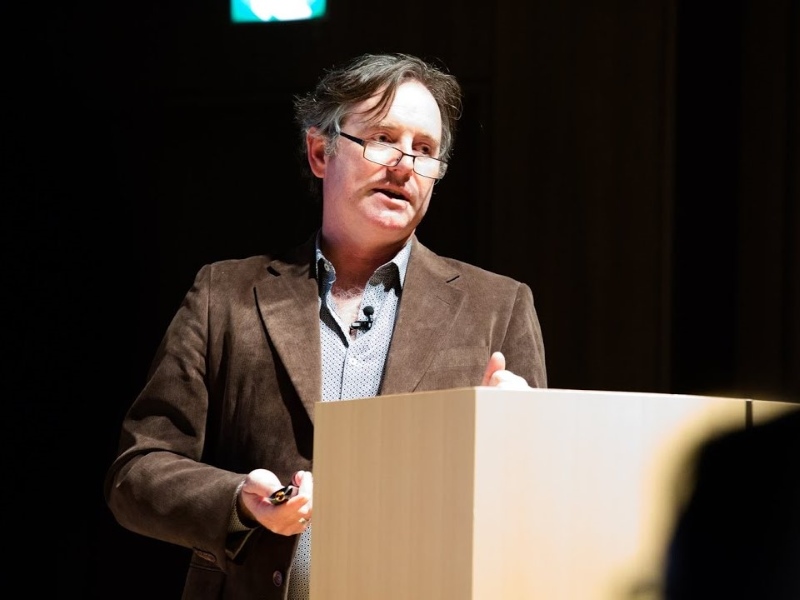More than 500 basic and applied research projects have shared in $342 million in federal funding to explore areas like high energy batteries, digital inclusion, more climate resilient crops and cloud encryption.
The projects received backing and a nod to research excellence from the highly competitive Australian Research Council Discovery Projects scheme announced Tuesday, the first under a new two stage application process.
Biological sciences and engineering fields claimed the most funding, while Monash was the most successful university with nearly 80 grants.
The largest grant went to a Western Sydney University project to explore disability and digital citizenship. Its 15 investigators will share in almost $22.2 million to explore how people with disability experience digital technology, the barriers they encountered and how to address these inequities.

The University of Canberra received more than $1 million to work with traditional owners on new laser techniques for cleaning and conserving ancient Aboriginal rock art in World Heritage Kakadu Park.
A Monash University team led by Associate Professor Ron Steinfeld received a $464,003 grant to tackle limitations with Homomorphic Encryption, which allows complex mathematical operations to be performed on encrypted data without having to decrypt it.
It is expected to deliver new ways of securing cloud technologies and data from hackers and data breaches.
The full list of funded projects is available here.
The projects are among 536 funded in the latest prestigious Discovery grant round, which has shifted to a two-stage application process in response to a review of the Australian Research Council (ARC).
Applicants faced an initial expression of interest phase with an expedited assessment process. Shortlisted applicants were invited to complete a full application for the second stage.
“By dividing the scheme into two stages, the ARC eased the burden on researchers applying for funding through a simpler and shorter EOI process,” ARC acting chief executive officer Dr Richard Johnson said.
The round report states a success rate of almost 50 per cent, but when factoring in the EOI stage this drops to just 12.9 per cent because more than 4000 applications were made to the initial phase, according to ARC Tracker.
According to the ARC, research projects funded by the competitive grants it administers, including Discovery, generate $3.32 in economic output for every $1 of research funding.
The grants are also a recognition of research excellence.
“Discovery grants support individual researchers and research teams in research projects that provide economic, commercial, environmental, social and/or cultural benefits to the Australian community,” Dr Johnson said.
Do you know more? Contact James Riley via Email.

